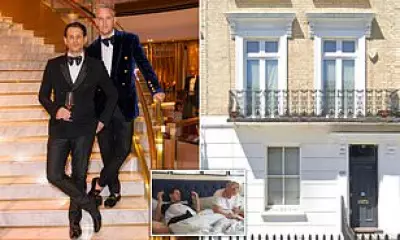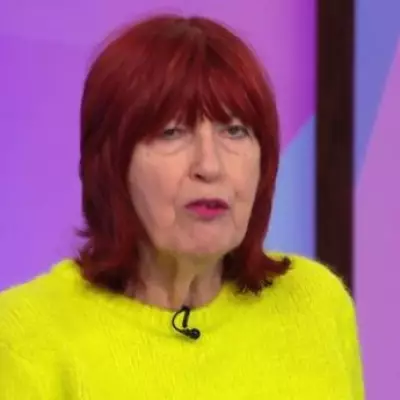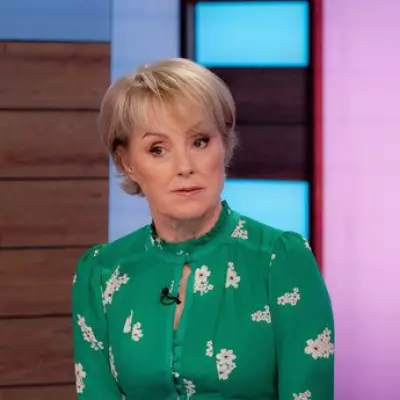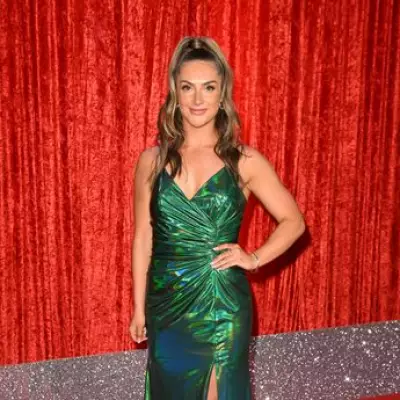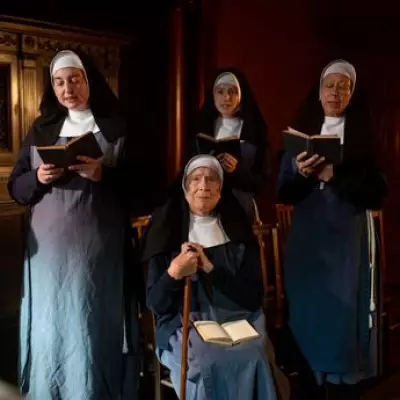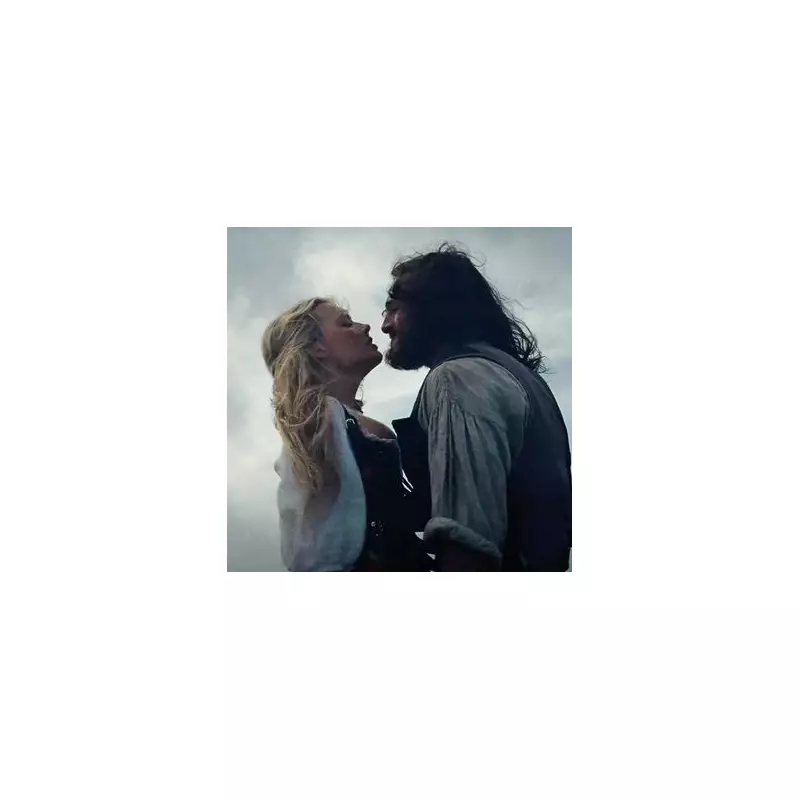
Emily Brontë's Wuthering Heights, a cornerstone of English literature, has long been a siren call for filmmakers, its gothic passion and bleak moors offering a potent cinematic challenge. Yet, capturing the novel's raw, untameable spirit on screen has proven a notoriously difficult task. From black-and-white classics to modern reinterpretations, each attempt brings its own vision of Heathcliff and Cathy's destructive love.
The Gold Standard: William Wyler's 1939 Masterpiece
Topping nearly every list is the 1939 adaptation directed by William Wyler. This version, while taking significant liberties with the source material—most notably halving the story by ending with Cathy's death—is lauded for its atmospheric power. Sir Laurence Olivier's performance as a brooding, aristocratic Heathcliff and Merle Oberon's captivating Cathy have become iconic, cementing the film's status as a timeless classic of the Golden Age of Hollywood.
A Gritty, Modern Interpretation: Andrea Arnold's 2011 Vision
In stark contrast stands Andrea Arnold's radical 2011 version. This film is praised for its visceral, earthy authenticity and relentless commitment to realism. Shooting on location in Yorkshire with a handheld camera, Arnold immerses the audience in the mud, wind, and rain of the moors. The casting of unknown actors and a racially accurate Heathcliff (James Howson) aimed for a raw intensity that divided critics but is celebrated for being the most faithful to the novel's harsh and brutal essence.
The Notable Misses & Other Attempts
Other adaptations have struggled to find the same acclaim. The 1954 Mexican version, Abismos de Pasiόn, directed by Luis Buñuel, transposes the story into a surrealist melodrama. While an interesting curio, it is often criticised for losing the core of the story. A 2003 television production attempts a more complete narrative, covering the second generation, but is frequently deemed forgettable, failing to leave a lasting emotional impact.
Even the 1970 film with Timothy Dalton and the 1992 version with Ralph Fiennes and Juliette Binoche, despite their star power, are often seen as flawed, failing to fully harness the novel's dark magic and frequently softening Heathcliff's more vicious nature.
The Unfilmable Novel?
The article concludes that while a perfect, completely faithful adaptation of Wuthering Heights may be an impossible goal, the 1939 and 2011 films each capture a vital part of its soul. Wyler's film embodies the grand, tragic romance, while Arnold's captures the wild, unforgiving landscape and raw social commentary. Together, they bookend the thrilling and frustrating challenge of bringing this literary titan to life.

